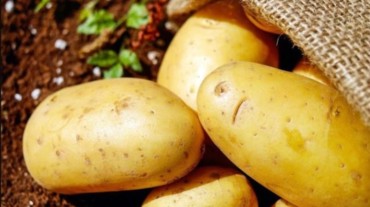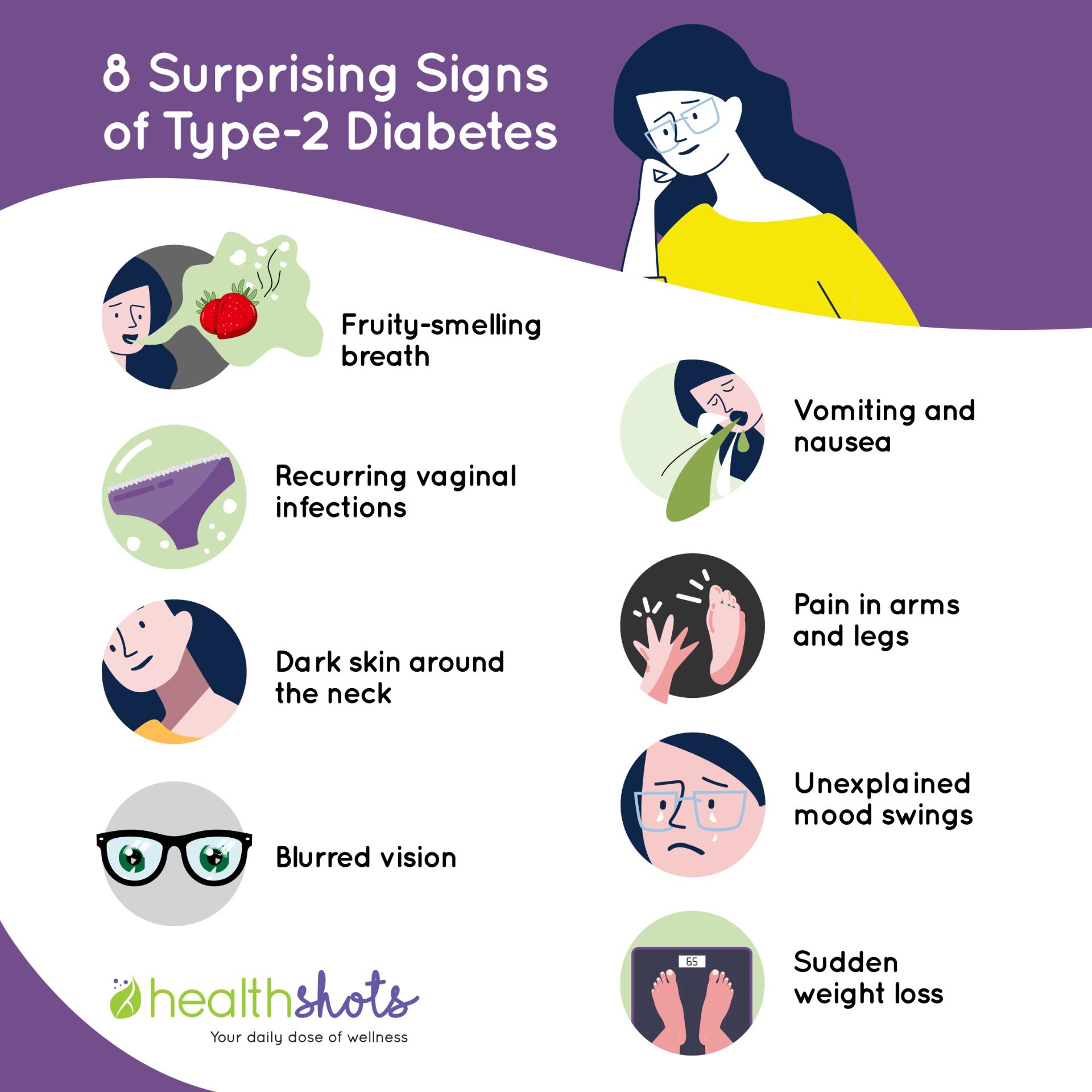
Who doesn’t like potatoes? It’s one of the most loved vegetables, irrespective of cuisine. However, those who are diagnosed with diabetes almost immediately cut this beloved vegetable out of their diets, thinking potatoes might be yummy but can have a harmful effect on the blood sugar levels.
What if we tell you that this piece of knowledge that potatoes aren’t for diabetics is not entirely true?
Here’s a new study that will bring a smile on your face. It observes that potatoes don’t have a negative impact on those who are suffering from type-2 diabetes.
The study, published in Clinical Nutrition, noted that including potatoes which are known to have a high Glycemic Index (GI) can contribute to improved overnight glycemic control as compared to the consumption of the low GI basmati rice.
People with type 2 diabetes (T2D) are frequently told to avoid eating potatoes, and other high Glycemic Index (GI) foods due to the longstanding perception that these foods make it difficult to control blood sugar levels. This is considered important because, during the night, blood sugar tends to spike, a phenomenon that has been associated with cardiovascular disease and endothelial dysfunction.
For the first time, however, a rigorously controlled clinical trial which included 24 adults with T2D demonstrates that GI is not an accurate surrogate for an individual’s glycemic response (GR) to food consumed as part of an evening meal.

“Despite its frequent use among nutrition researchers, GI is not an appropriate tool for understanding how a meal impacts glycemic control. It is a very specific measurement for foods consumed in isolation, typically conducted under controlled laboratory conditions,” says Dr Brooke Devlin, PhD, the primary investigator, at Australian Catholic University in Melbourne. “It’s rare that people eat foods in isolation, and findings from this study demonstrate how other factors, such as the time of day or food pairings, need to be considered when investigating the GR of mixed meals in individuals with T2D.”
Participants were provided with the same breakfast and lunch, but they were randomly assigned to one of four dinners, each including either skinless white potatoes (test meal) prepared in three different ways (boiled, roasted, boiled then cooled then reheated) or basmati rice (control meal).
Participants repeated the experiment with a 9-day break in between each trial. In addition to having blood samples collected regularly (both immediately after the meal and again after every 30 minutes for 2 hours). Participants also wore a continuous glucose monitor overnight to track changes in blood sugar levels while sleeping.
Select Topics of your interest and let us customize your feed.
PERSONALISE NOWThere were no differences between meals in glucose response following the dinner that contained any of the potato dishes or basmati rice. Moreover, participants’ overnight GR was more favourable after eating the evening meal that included any of the high GI potato side dishes compared to low GI basmati rice.
“These findings are contrary to that of observational research and traditional dietary guidance that has led some to believe potatoes are not an appropriate food choice for people with T2D,” added Devlin. “Our study shows high GI foods, like potatoes, can be consumed as part of a healthy evening meal without negatively affecting GR — and while delivering key nutrients in relatively few calories, which is essential for people with T2D.”
This study followed a rigorous methodology by using a randomized crossover design and measuring glucose levels both immediately post-meal and overnight to obtain a better picture of the potatoes’ impact on GR.
Also, watch:
The researchers, however, noted a few limitations. The study participants’ baseline GR was assessed for only one evening meal, the dinner provided was larger than what is typically recommended for people with T2D (but in line with Australian eating patterns, at 40 per cent of an individual’s total energy intake), and the potatoes’ impact on long-term glycemic control was not assessed.
Despite such limitations, the researchers concluded that “potatoes is a vegetable that is sustainable, affordable and nutrient-dense. Thus, they can play an important role in modern diets irrespective of metabolic health status.”
So, if you have missed your favourite aloo due to T2D, bring it back to your diet but don’t forget the moderation.
(Inputs from ANI)